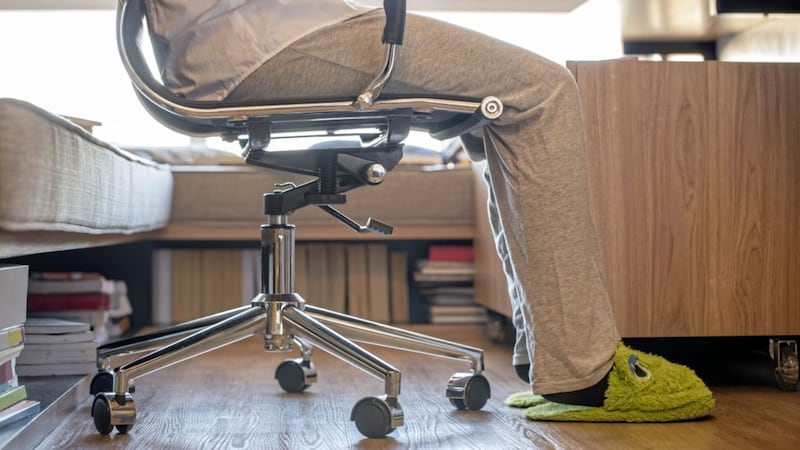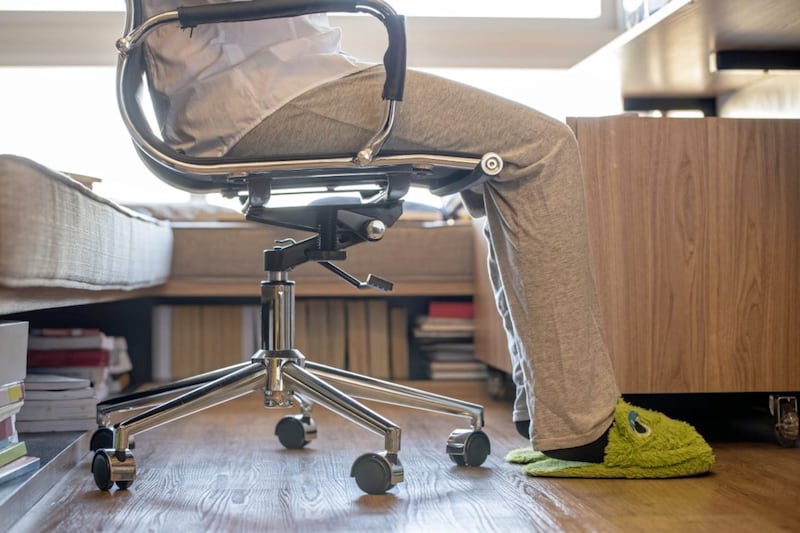MORE sheds, garages and summerhouses could be transformed into home offices as people adapt their properties to meet their working needs, a report suggests.
People's current home working set-ups could be moved from sofas and dining tables to more permanent arrangements, Aviva said.
Its latest How We Live report found 13 per cent of home workers expect to be operating from converted sheds and other outbuildings in the future.
And 43 per cent of home workers plan to continue working from inside their property in the future, suggesting some people may be planning to adapt rooms or build extensions.
Currently, nearly half (48 per cent) of home workers are making do with tables which are normally used for other activities, while 22 per cent use sofas and armchairs.
One in seven (14 per cent) home workers said they sometimes work from their bed, rising to nearly a third (31 per cent) of under-25-year-old home workers who work from their beds on some occasions.
The study interviewed nearly 1,400 workers who were home-based across the UK as a result of the coronavirus pandemic.
Nearly half (48 per cent) found it less stressful than being based wholly at another location, with a lack of commuting, more time with family and not having to worry about what to wear among the reasons why.
But one in five (19 per cent) found working from home more stressful.
Common reasons included not having a suitable space to work from, competing for space with other people and finding it too noisy at home.
Gareth Hemming, personal lines managing director at Aviva, said: "Flexible working and home working practices have been around for some time, but they have really come into their own in the last year.
"Many employees report they have been less stressed and more productive as a result of working from home. They have had the flexibility to work around their personal lives and they have been trusted to work in a way which suits them.
"While home working is not the choice of every individual, we are likely to see more flexibility as a basic benchmark for the future, with many people working remotely, at least some of the time.
"Many insurance providers adapted their home products during the pandemic to allow people to work from home without making any changes to their policies, but if customers are unsure about their cover, they should speak to their insurer to check that it is suitable for their circumstances."
Aviva's How We Live study also asked people if they planned to buy a second home or an investment property in the next 12 months.
One in 20 (5 per cent) said they planned to buy an investment property, rising to 9 per cent among those aged 35 to 44.
One in 25 (4 per cent) said they planned to buy a second home, rising to 6 per cent of people in London.
Around a fifth (18 per cent) of people currently living with family said they plan to buy a home in the next 12 months, compared with 13 per cent in July 2020.
Mr Hemming added: "As lockdown has extended and the feeling of 'cabin fever' has intensified, it's scarcely surprising that more people living with family are thinking about getting their own space."


